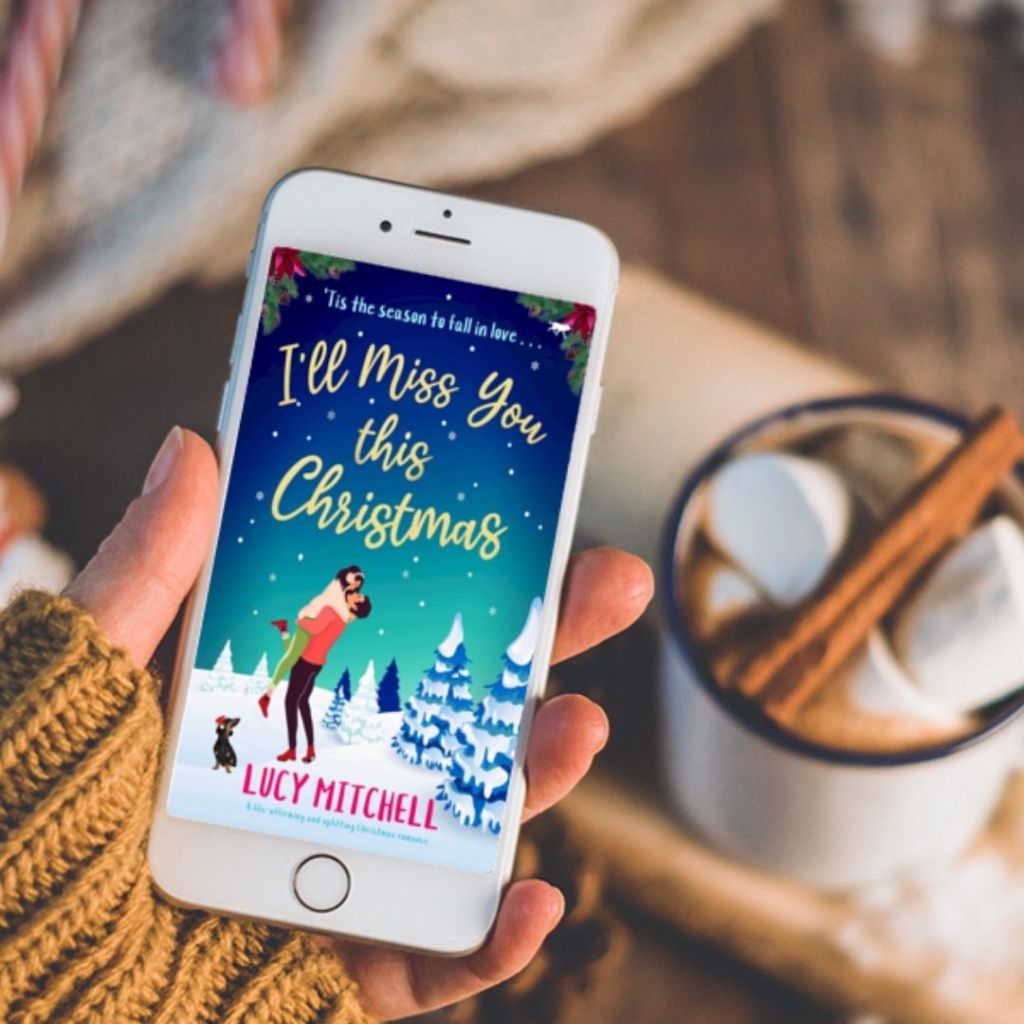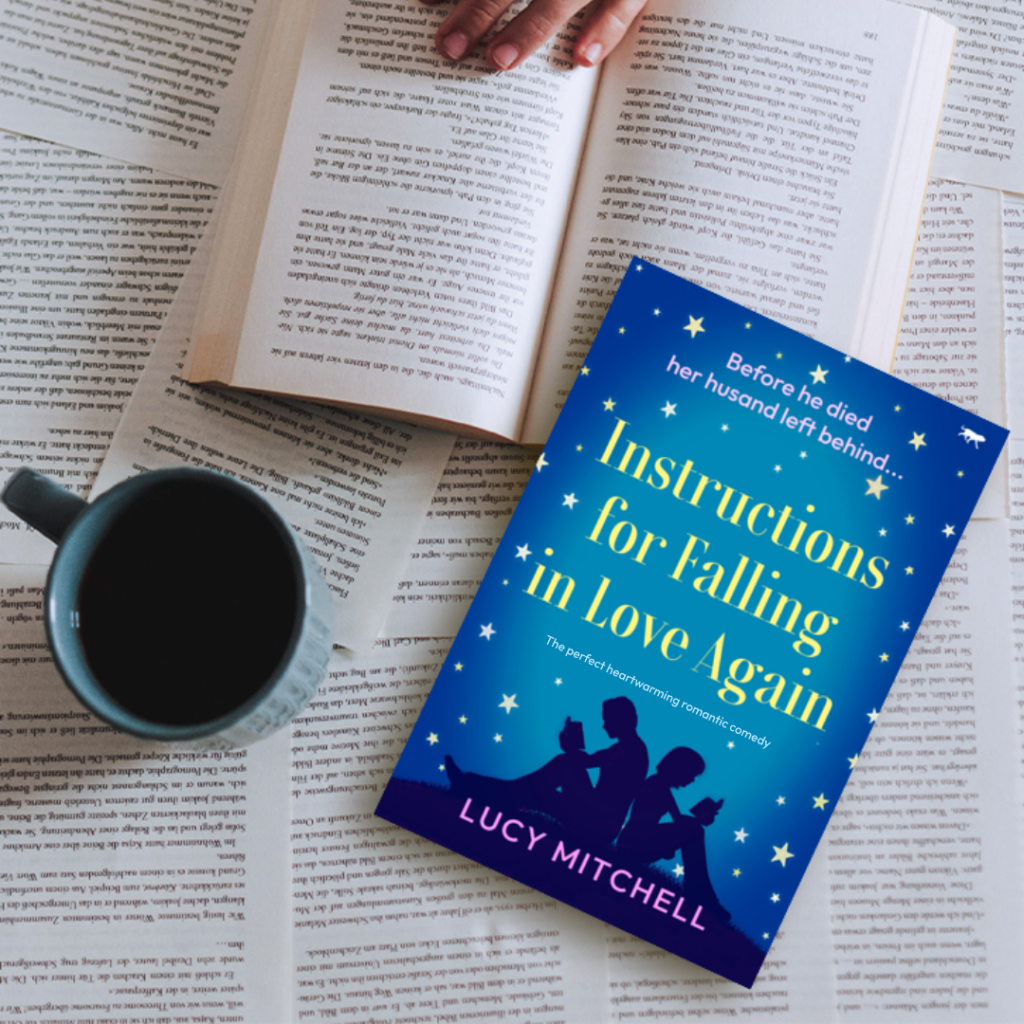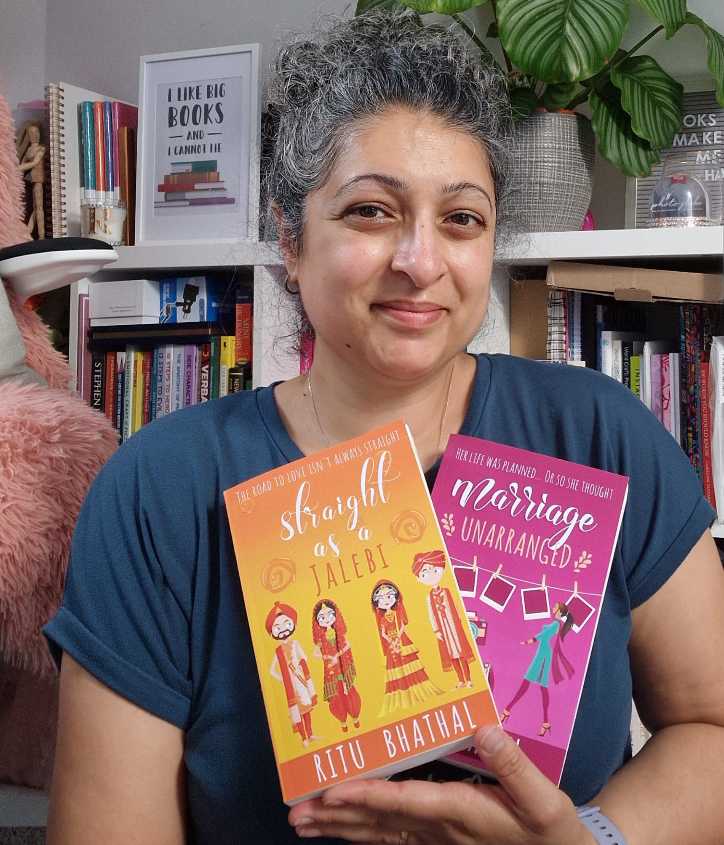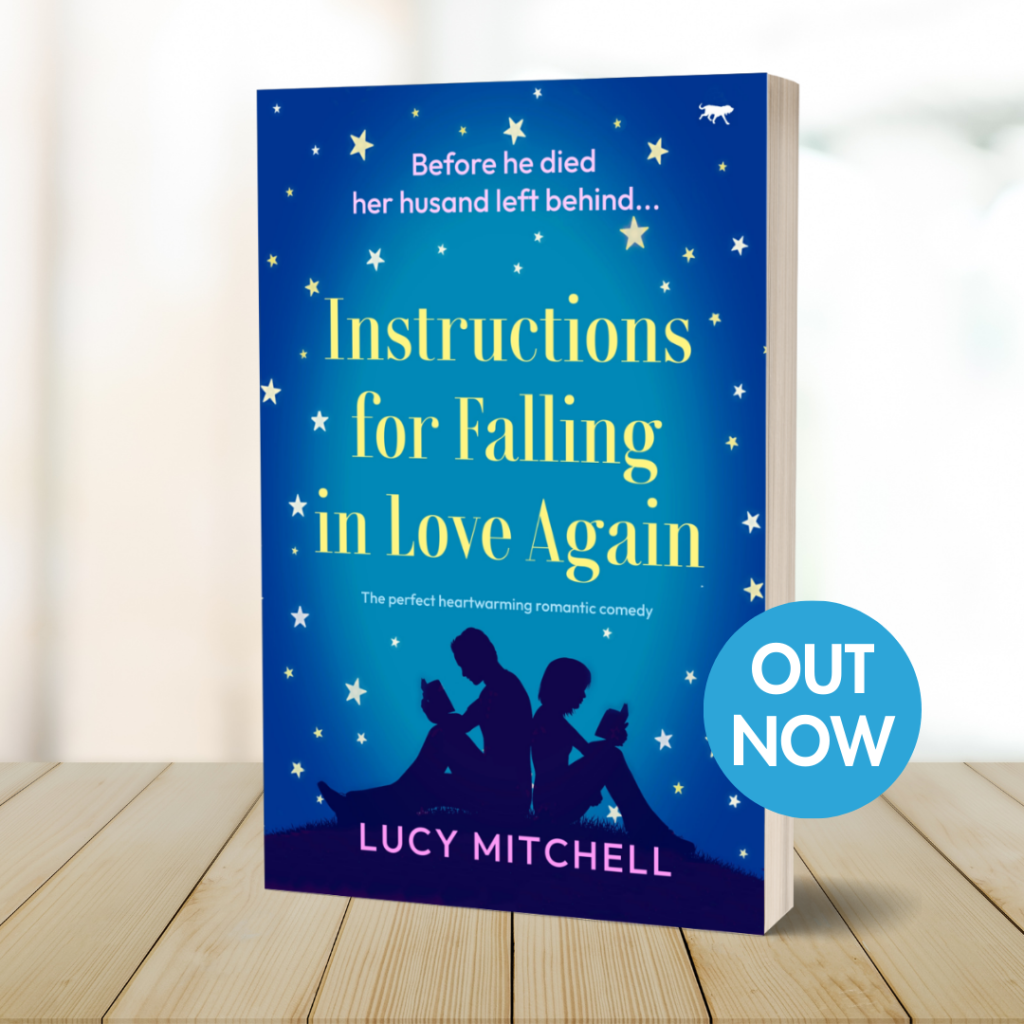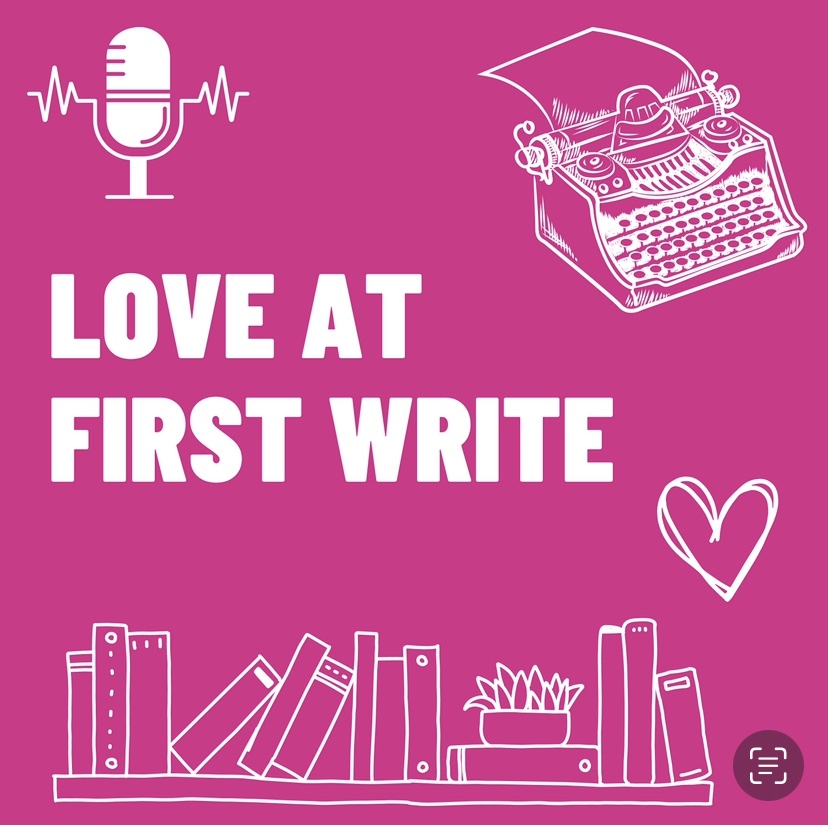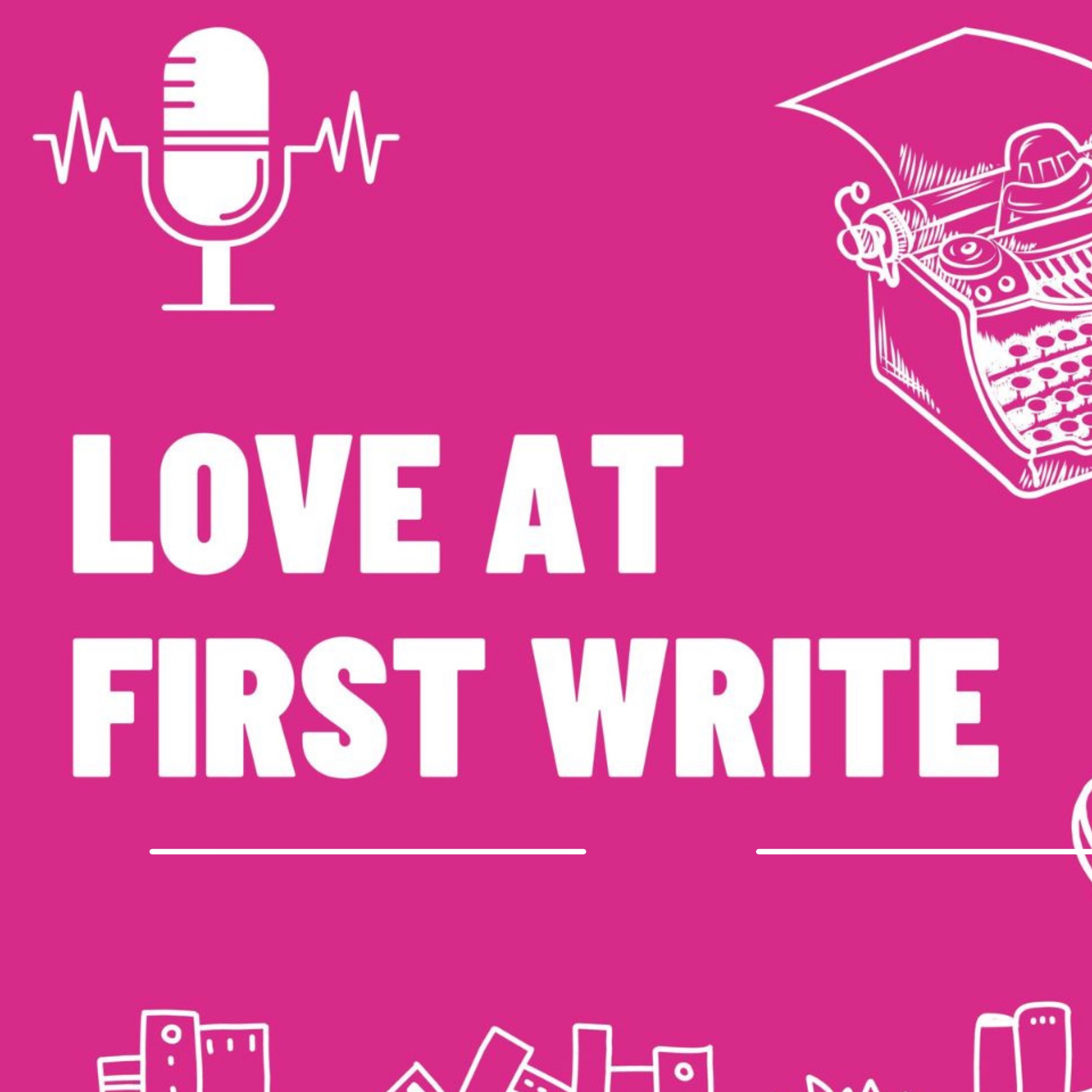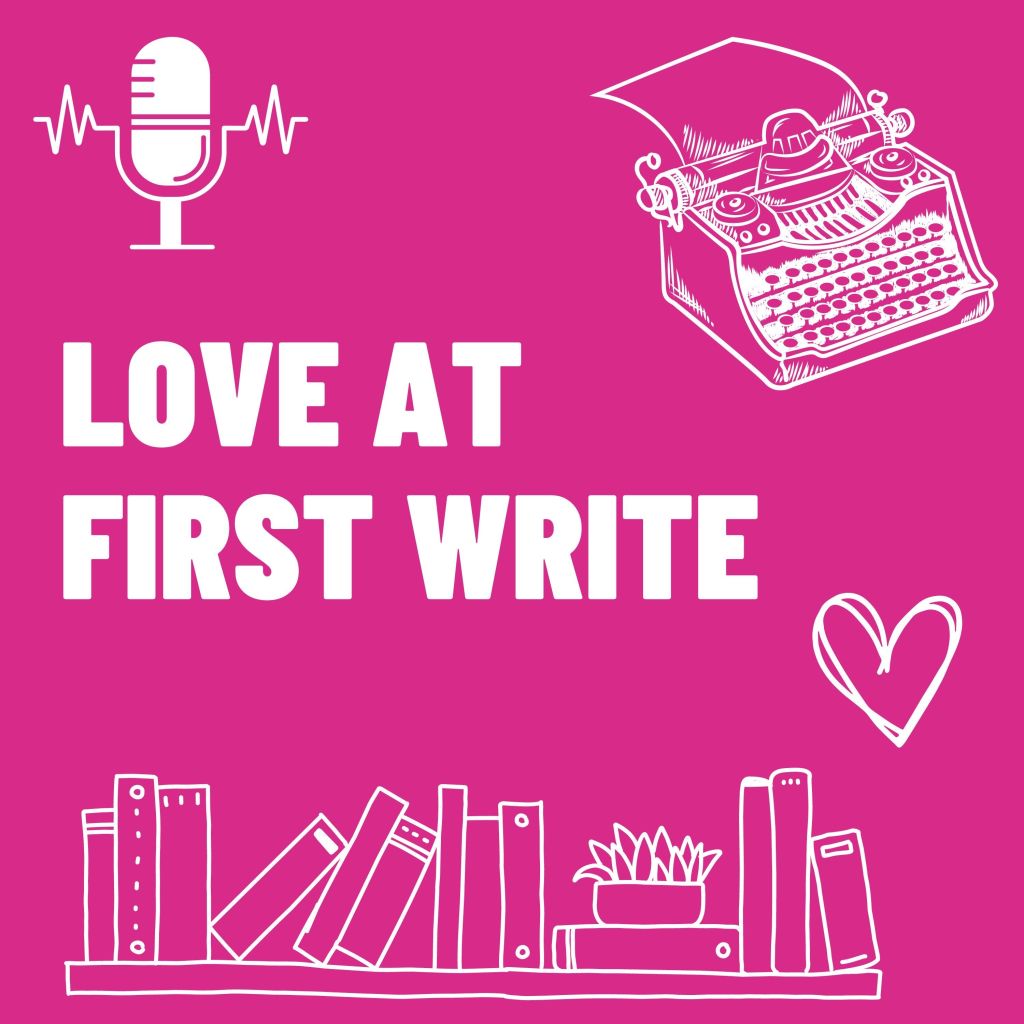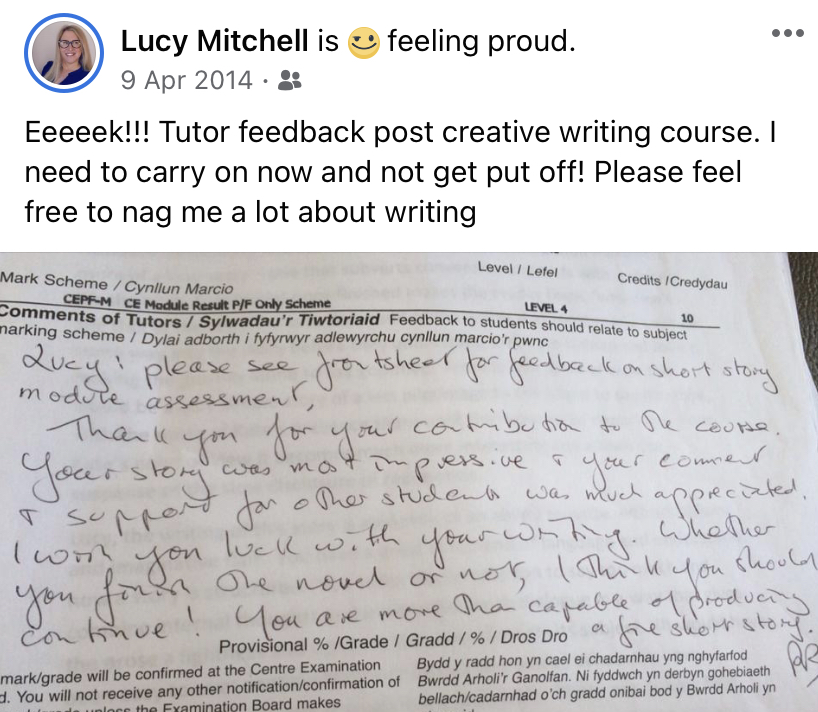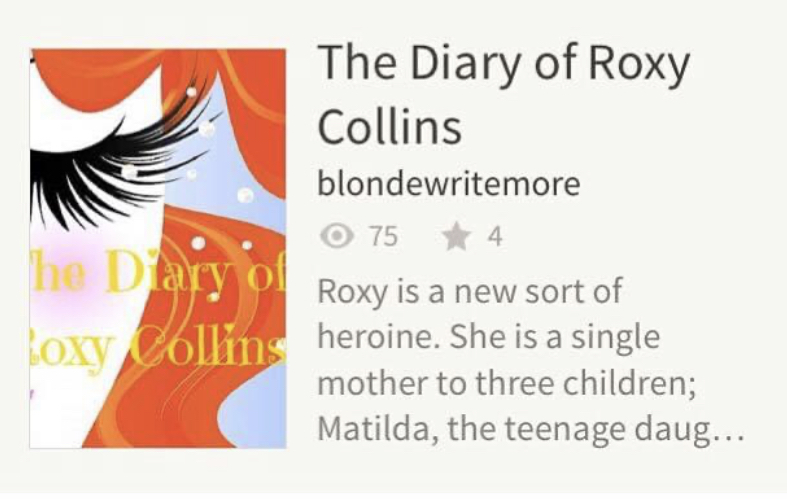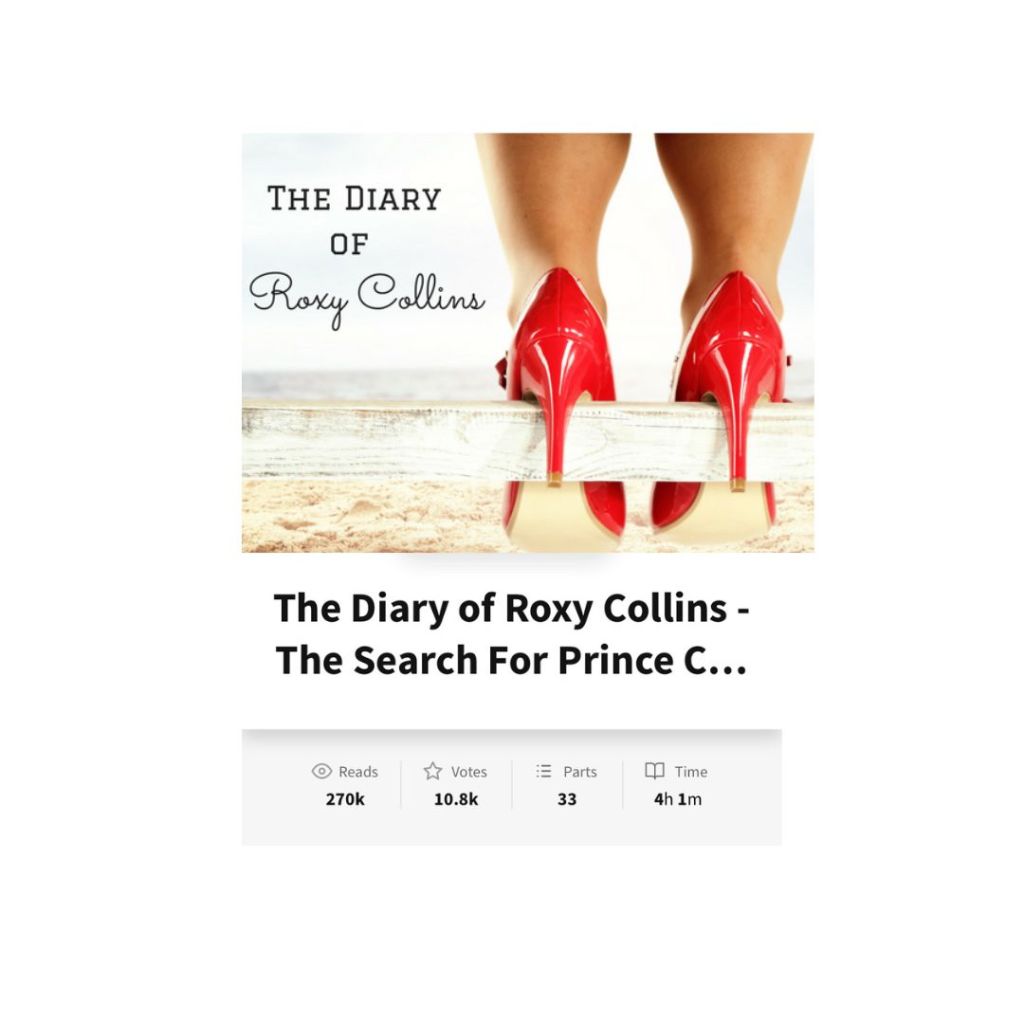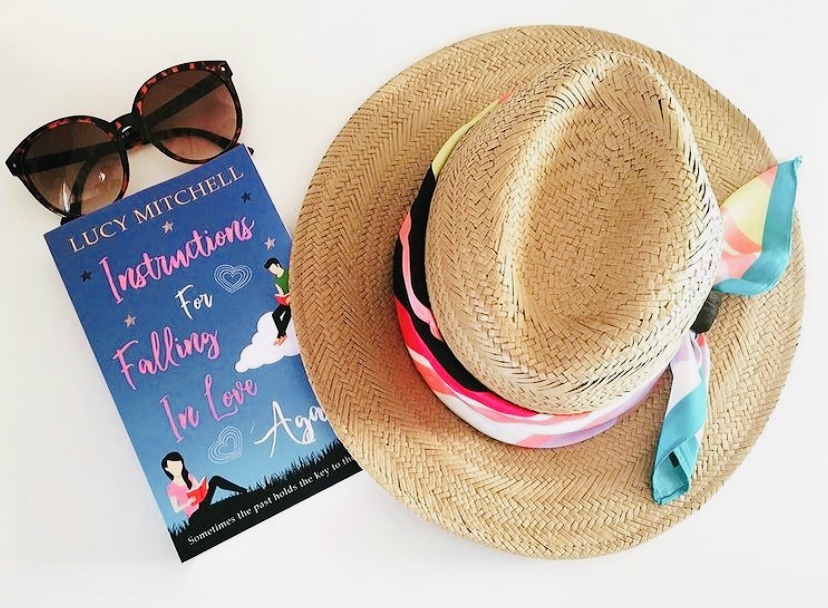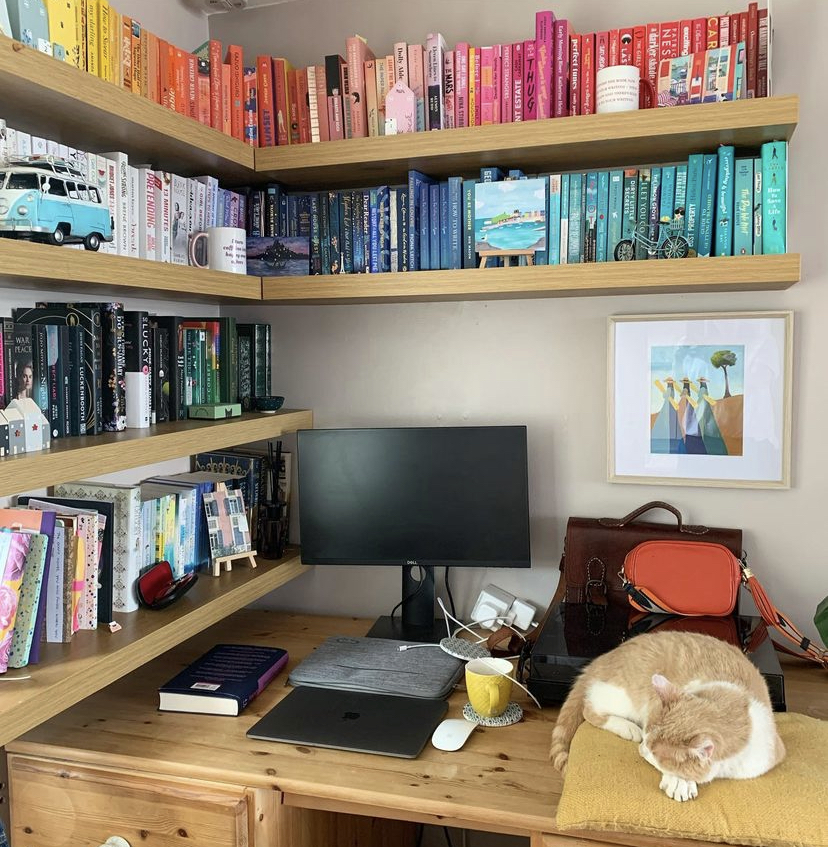Hi everyone, having just read Lucy’s The Car Share and loved it, I’m delighted to guest on her lovely blog. She asked me to share some tips on creating a believable setting.
I really had to think about it as I tend to be an instinctive rather than analytical writer but here they are. Mostly common sense but work for me and might for you too. All opinions are personal and gathered from life experience! Oh – and I tend to invent fictional settings. That way I don’t get criticism if I get anything wrong!
Where?
Where to base your book is the most obvious and basic question and everything else hangs on this decision. A tiny hamlet has a very different feel to a large city, a small market town will have arguably fewer amenities than an urban sprawl. I’ve moved a lot in my long lifetime and have lived in London and a tiny village in Herefordshire. People are people everywhere but, my goodness, it’s true that folk in a village know what colour your underwear is even before you buy it! Nowadays I set a lot of my books in small seaside towns as that’s where I live (so the research is easy!). Deciding on your setting makes everything else fall into place, it’s the backdrop against which your drama unfolds, draws in your reader and helps create a compelling story.

What?
Related to the above point. Think about what you want to achieve. A cosy crime works brilliantly in a small village. A gritty police procedural can be amplified by being set in a city. A ghost story needs an atmospheric background. However, be aware that going against the cliché can be equally effective.
Name
I’m a map nerd. I like my fictional place names to sound real and to reflect the area they’re in. It helps if you know your history and geography. Mangle together bits of names. I mixed up Beer and Berecrocombe, slapped on the Devon word for valley, combe, and created Berecombe for my Cupcake series. I love how authentic it sounds. Bury is Anglo Saxon for settlement so an ideal suffix for the north and east of the UK, Pen prefixes many Cornish names, Tre many Welsh. Dorset and Somerset revel in some fabulous double-barrelled names. Sturminster Newton and Haselbury Plucknett anyone? And don’t get me started on the Piddles! (Some Piddles were allegedly renamed Puddles due to Queen Victoria not being amused). Brings me neatly on to –
History
No one who has visited Bath can avoid its sense of history. I mean, the Romans left their mark. Ditto York but Vikings, and the village of Eyam in Derbyshire – this time its plague. The UK is rich in history, simply scratch the surface for it to be revealed. When describing a setting, it’s foolish to ignore its history. You can’t miss the stonking black and white Tudor house right in the middle of Hereford’s shopping centre, the ancient and narrow medieval streets in the city of London, the grand Georgian mansions in Edinburgh’s New Town. Haven’t travelled much? Streetview is your friend.
Geography
The Welsh valleys produce very different types of settlements to the flat fenlands in Lincolnshire. Industry is affected by geography and it also builds a community. No one can deny the strong bond the mining communities once had. How has your setting evolved post industrialisation? Lullbury Bay in my New Beginnings books is partly based on Bridport. Once a major rope making centre and centre for goods brought into nearby West Bay, it’s now a tourist town with a thriving arts scene. Scour the community FaceBook groups of your chosen place. Lots of information on how people are living there, local events and what’s important to them. Basing your fictional setting on a real one grounds it – then you can draw a map and add in your own details.
Who?
Who are you peopling your setting with? A fish out of water is a great trope and one I use often. Ashley, in the Summer Street Party books, is more than a little miffed when she’s forced to give up her career and move to a sleepy seaside town populated by the retired. She’s even more miffed when it transpires they’re having a lot more fun than her! A new character to the setting is a great way to describe it; it’s new for them just as it’s new for your reader.
Senses
And, once you’ve decided just what sort of setting you want, apply all your senses to describing it. The feel of slippery sand on concrete takes me straight back to seaside Lyme Regis in Dorset, the sight of apple blossom in spring does the same but sends me to beautiful rural Herefordshire. The scent of brine on the wind, or rotting seaweed is coastal, diesel fumes mean London to me – and anyone who has ever lived or visited our great capital can never forget that whoosh of hot wind that precedes a train coming into a tube station. Decide on your setting and tune into your senses. What makes that particular place come alive? This is where, if you can, it’s best to do your research and visit.
And, don’t forget, your setting is as much a character as the human ones. I hope this has helped. Happy writing!
Love,
Georgia x
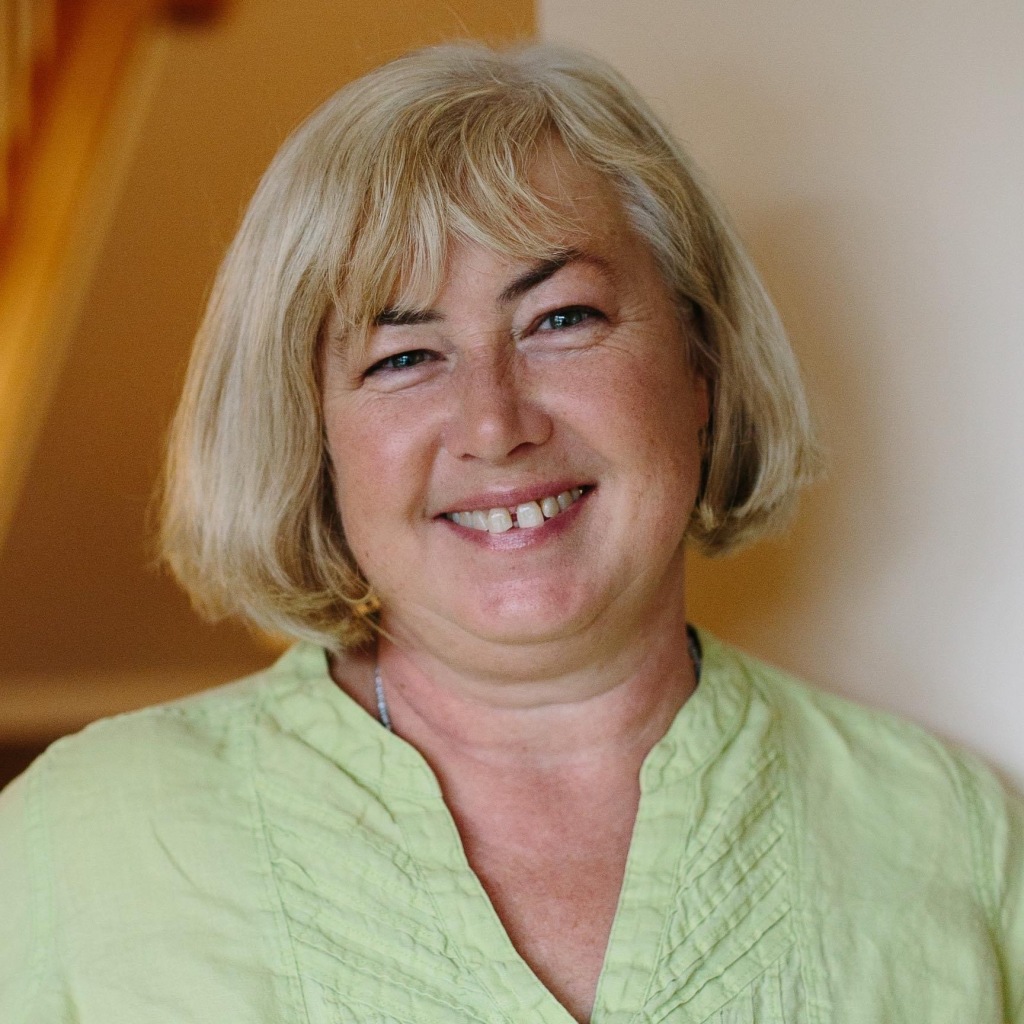
About Georgia:
Georgia Hill writes warm-hearted and up-lifting contemporary and dual narrative romances about love, the power and joy in being an eccentric oldie and finding yourself and your community. There’s always a dog. It’s usually a naughty spaniel of which, unfortunately, she has had much experience. She lives near the sea with her beloved dogs and husband (also beloved) and loves the books of Jane Austen, collecting elephants, and Strictly Come Dancing. She’s also a complete museum geek and finds inspiration for her books in the folklore and history of the many places in which she’s lived. She’s worked in the theatre, for a charity and as a teacher and educational consultant before finally acknowledging that making things up was what she really wanted to do. She’s been happily creating believable heroines, intriguing men, and page-turning stories ever since.
You can find her here:
Twitter/X @georgiawrites
Facebook https://www.facebook.com/georgiahillauthor
Website http://www.georgiahill.co.uk
Her latest book, New Beginnings at Lullbury Bay, is now out:
https://geni.us/lullburybay





